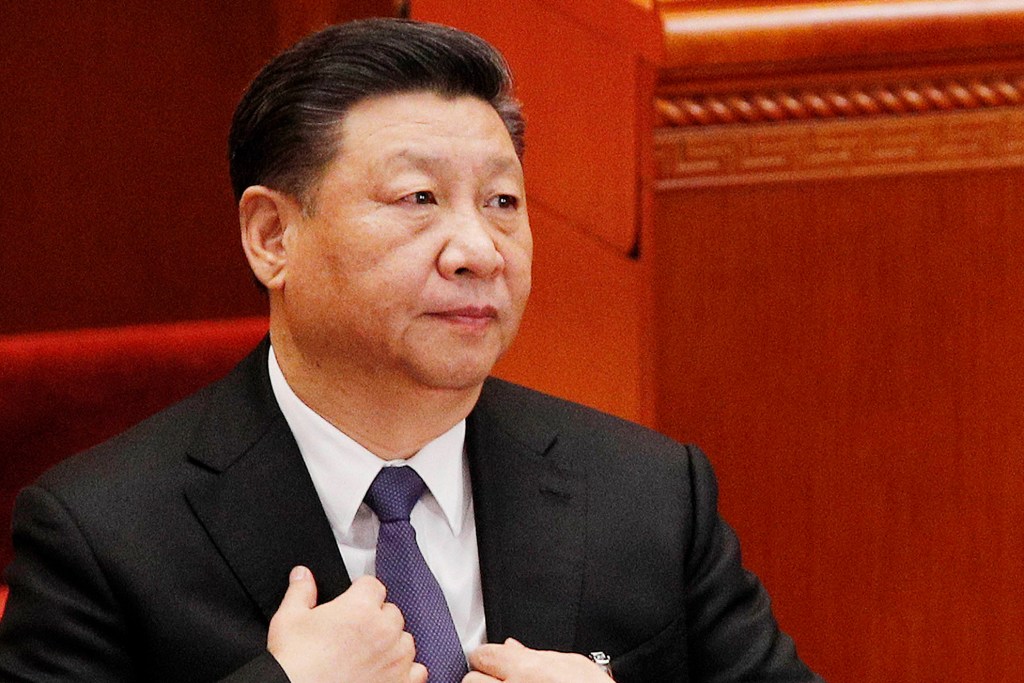


Secretary of War Pete Hegseth’s commendable speech this week to hundreds of generals and admirals signaled a renewed commitment to establishing a merit-based culture in the military. This includes returning combat military occupational specialties to the highest male physical standard, ditching progressive political programs on DEI and climate change, and enforcing high physical fitness standards for soldiers and generals alike.
It may not have been necessary to summon military leaders to Quantico to convey this message, but it created a sense of occasion and importance, and it was welcome for that.
Recommended Stories
- The talented Mr. Roberts on ICE
- The senseless Schumer shutdown
- If everything is a national security threat, nothing is
TRUMP’S AMBITIOUS GAZA PEACE PLAN IS FRAUGHT WITH COMPLEXITY
But another recent development involving Hegseth and the military is less pleasing. A draft of the Trump administration’s forthcoming National Defense Strategy, a document produced by the Department of Defense every four years to outline military planning and resource allocation, reportedly prioritizes homeland defense over the threat of countering China in the Indo-Pacific.
While we commend efforts to combat “the enemy from within,” including illegal alien criminals, violent radical Leftists, and malicious “Deep State” bureaucrats, efforts to combat the China threat should remain the nation’s top military priority. The NDS of the two previous administrations, including Trump’s first, rightly reflected the existential threat posed by China, the only nation with the economic and military power to reshape the international order at the expense of United States interests.
And they’ve repeatedly made clear their intention to do just that through word and action. Their rapid and effective military expansion makes them the U.S. military’s current “pacing challenge,” meaning their naval, air, cyber, and space gains dictate the speed at which our military must modernize and expand.
While China spends less on defense than the U.S., the gap is quickly closing. In 2012, China spent one-sixth on defense compared to the U.S., but that shrunk to one-third by 2024. Its navy now dwarfs ours, and its air forces are growing more technologically advanced, with cutting-edge stealth and precision strike capabilities. Meanwhile, its nuclear arsenal has more than doubled since 2019, reaching 600 warheads with the goal of reaching 1,500 by 2035. This would make China’s nuclear stockpile nearly on par with Russia’s, making it a second nuclear superpower with which to contend.
China is doing all of this with an eye on seizing Taiwan by force by 2027, an event that would have immediate catastrophic consequences. A Chinese invasion of Taiwan would bring the global economy to a grinding halt. Taiwan produces 92% of the world’s advanced chips critical for smartphones, computers, AI systems, and military hardware. A semiconductor supply chain freeze would cost the world economy trillions of dollars, dwarfing the impact of the war in Ukraine or the 2008 financial crisis.
A successful takeover of Taiwan would also dramatically shift the power balance in the Indo-Pacific, the world’s most consequential and fastest-growing economic region. U.S. allies such as South Korea, Japan, and the Philippines would be forced to reconsider their partnership with the U.S. in the face of a daunting new security environment, likely resulting in deeper economic and political ties with Beijing.
The U.S. must make every effort to deter China from pursuing this course of action, including building our own military to match China’s growing capabilities and credibly threatening U.S. military intervention.
ISRAEL STOPS GRETA THUNBERG’S ‘HAMAS-SUMUD FLOTILLA’ BEFORE IT CAN REACH GAZA
So far in his second term, Trump has appeared skeptical of Taiwan’s importance to U.S. interests, criticizing its military dependence on the U.S., and calling Taiwan a “freeloader.” In late September, Trump reportedly paused $400 million in weapons aid to Taiwan, due perhaps to his pursuit of a trade deal with China.
The reported prioritization of domestic threats over China in the National Defense Strategy is a profound strategic miscalculation. China must remain the military’s unequivocal top priority. Losing the Indo-Pacific means losing the ability to defend the American homeland today and for decades to come.
